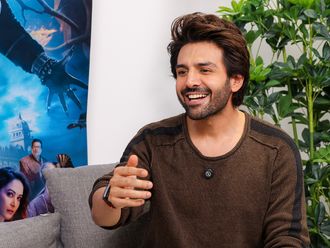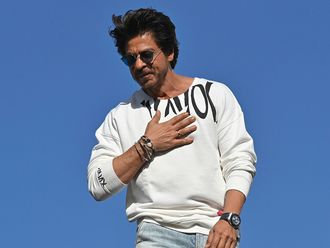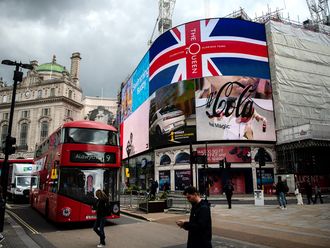New Delhi: An Indian court will rule on Thursday whether Hindus or Muslims own land around a demolished mosque in northern India, a judgment haunted by memories of 1992 riots, some of the country's worst religious violence since the partition.
The verdict will add to the security worries of the government, which already has its hands full dealing with preparations for the Commonwealth Games that are bedevilled by concerns over filthy accommodation and health and security.
Here are some questions and answers on the dispute:
WHAT IS THE AYODHYA DEBATE?
Hindus and Muslims have quarrelled for over a century over the history of the Babri mosque in Ayodhya, a town in the north Indian state of Uttar Pradesh.
Hindus claim the mosque stands on the birthplace of their god-king Rama, and was built after the destruction of a Hindu temple by a Muslim invader in the 16th century.
The dispute flared up in 1992 after a Hindu mob destroyed the mosque. Nearly 2,000 people were killed in subsequent rioting between Hindus and Muslims across the country.
WHAT WILL THE VERDICT DECIDE?
The court will pass judgment on three key issues, which will ultimately decide who owns the land: is the disputed site in Ayodhya the birthplace of Rama? Was the Babri mosque built after the demolition of a Hindu temple? Was the mosque built under the tenets of Islam?
Following the verdict, Hindus hope to see a temple built on the site, while Muslims demand the reconstruction of the mosque.
WHAT ARE THE POLITICAL IMPLICATIONS?
Prime Minister Manmohan Singh has said the dispute is one of the biggest security challenges in India this year along with a Maoist insurgency and a Kashmiri separatist rebellion. Last week, the government issued appeals in newspapers across the country, calling for calm after the verdict.
Any verdict will present his ruling Congress party with a difficult decision. Endorsing a pro-Hindu verdict will damage the secular party's links with the Muslim population, while a pro-Muslim verdict could lead to the political nightmare of ordering the eviction of Hindu groups from the site.
Last November, a government report blamed senior politicians from the opposition Hindu-nationalist Bharatiya Janata Party (BJP) for the 1992 incident, sparking uproar in parliament. Any decision against Hindus, who make up 80 percent of the population, would give political capital to the BJP.
WILL THIS BE THE END OF THE AYODHYA DISPUTE?
While the basic question of land ownership is key to settling the dispute, close attention will be paid to the details of the verdict, which may facilitate reconciliation between the two sides.
Any verdict will almost certainly be challenged in the Supreme Court and a final decision may take years to emerge.












